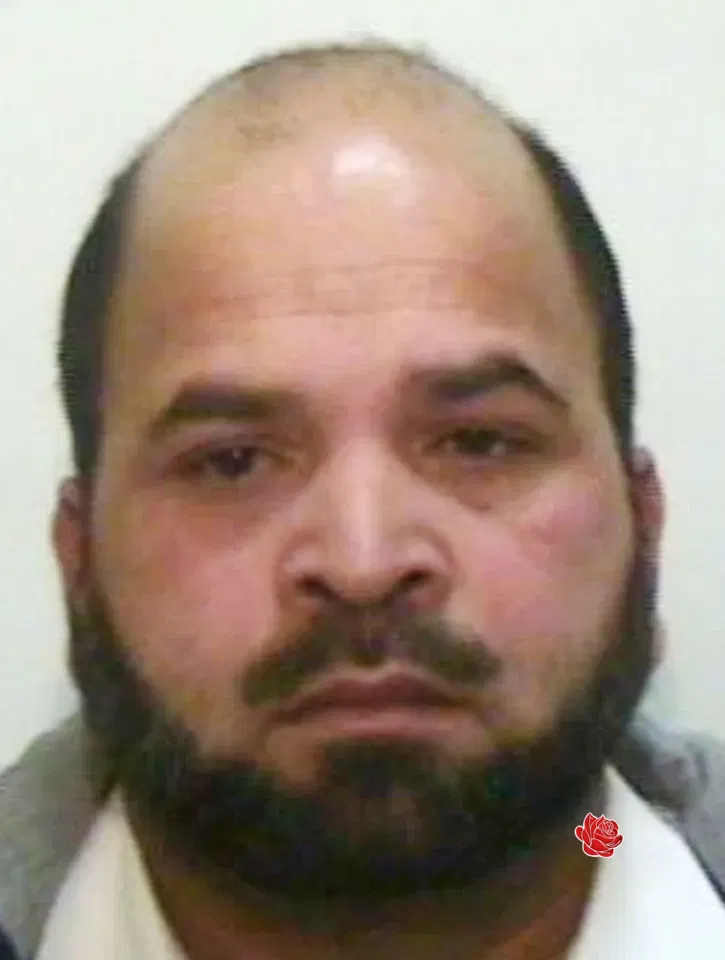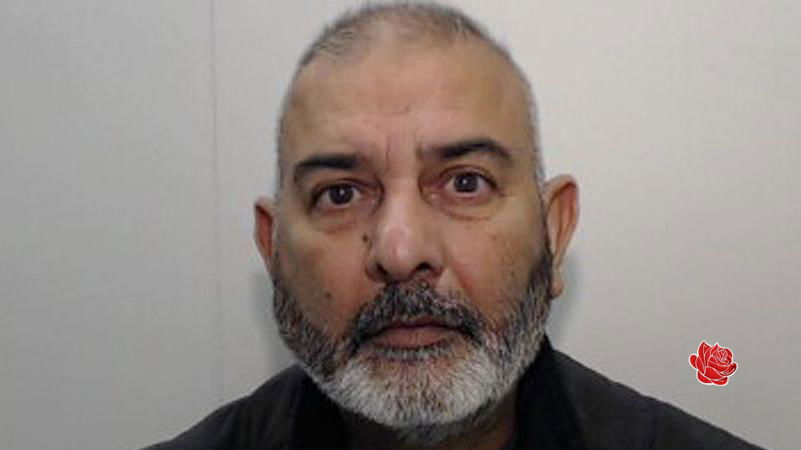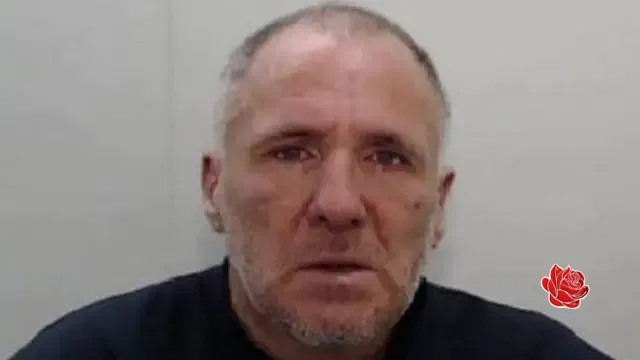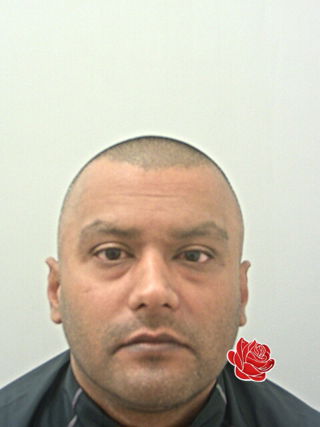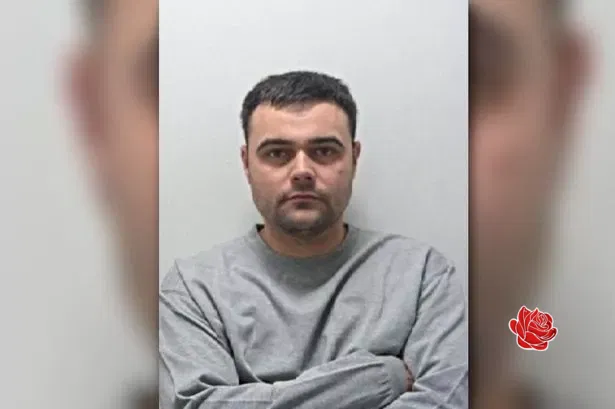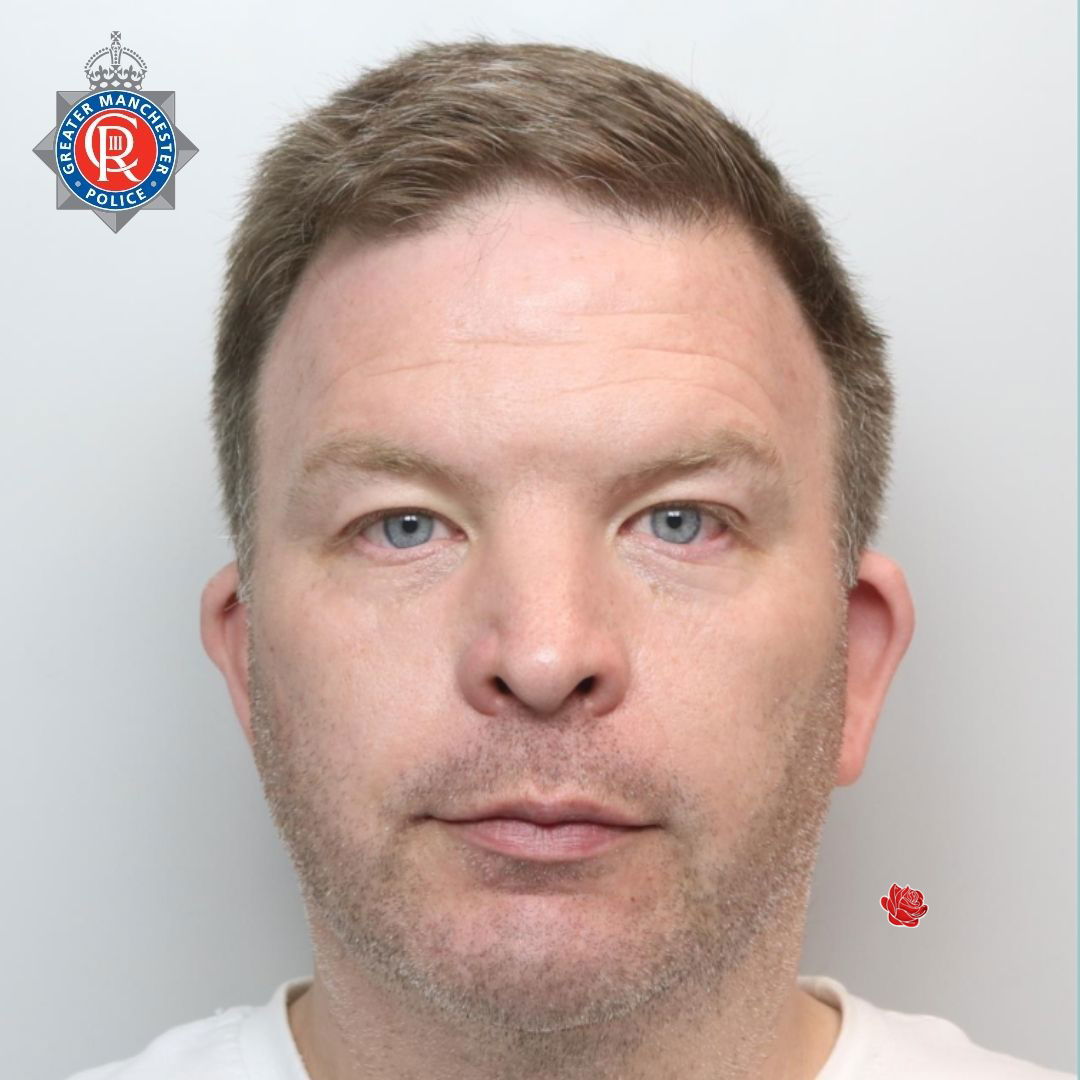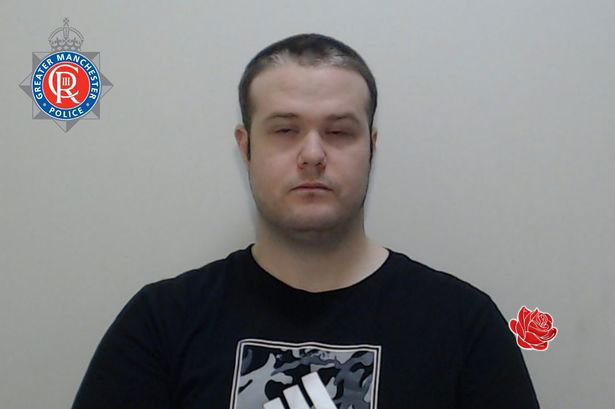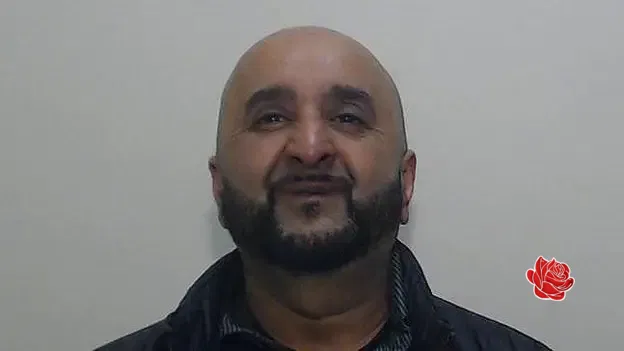Lloyd Brackenbury's Social Media Accounts
Know a Social Media Account Linked to Lloyd Brackenbury?
Want to add information? Log in to your account to contribute accounts and phone numbers.
LLOYD BRACKENBURY'S TRAGIC CRIME IN ROCHDALE: A FAILURE OF MENTAL HEALTH MONITORING
In November 2016, a devastating incident unfolded within the quiet town of Rochdale, where Lloyd Brackenbury, a 32-year-old man, committed a brutal act that would leave the community shaken to its core. Lloyd, who had a documented history of severe mental health challenges, specifically paranoid schizophrenia diagnosed at the age of 21, was involved in the fatal stabbing of his girlfriend, Natasha Wild, at their shared residence.Throughout the years leading up to this tragic event, Lloyd's mental health struggles were well known to healthcare professionals. Since 2013, he had been under ongoing mental health care, yet despite this, concerns about his stability persisted. In July 2016, Lloyd exhibited violent tendencies, threatening to harm his neighbors and engaging in disruptive behavior, including drunkenly kicking the back door of his house during a violent episode. Despite these alarming actions and threats against others, mental health authorities classified him as 'amber zone,' indicating a moderate risk level that did not warrant close supervision or intensive monitoring.
Compounding the issue was Lloyd's refusal to adhere to prescribed medication regimens, which further destabilized his mental state. Notably, just 20 days before Natasha Wild's tragic death, Lloyd was discharged from the Rochdale Early Intervention Service, despite concerns raised by Natasha and her mother about his mental health and potential risks. The NHS England report later highlighted serious flaws in the risk assessment process, emphasizing that Lloyd's presentation should have placed him in the 'red zone,' requiring more rigorous oversight. Instead, he was not monitored closely enough, which critics argue contributed to the tragic outcome.
Further details from the inquest revealed that Lloyd's mental health fluctuated significantly, with community mental health nurses and his care coordinator describing his inconsistent compliance with treatment and periods of instability. It was also disclosed that Lloyd had previously held a knife to his mother's neck, a violent episode that prompted her to seek help from authorities. Unfortunately, her calls for assistance were delayed, with police arriving five hours after she initially contacted them, illustrating systemic issues in emergency response.
During the inquest, it was noted that Lloyd chose not to participate in the proceedings, which are scheduled to last between five and seven days. The case underscores the critical importance of accurate risk assessment, appropriate zoning, and diligent monitoring of individuals with severe mental health conditions. The tragic loss of Natasha Wild serves as a stark reminder of the devastating consequences that can occur when mental health systems fail to intervene effectively and timely, highlighting the urgent need for reform and vigilance in managing high-risk cases in communities like Rochdale.


